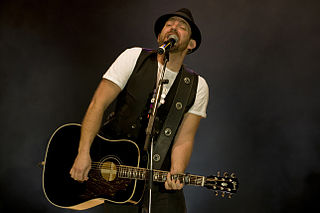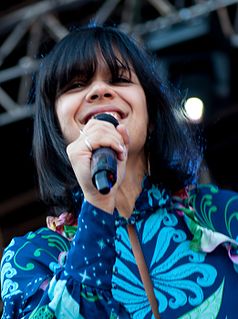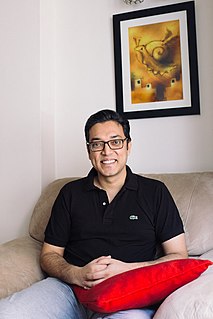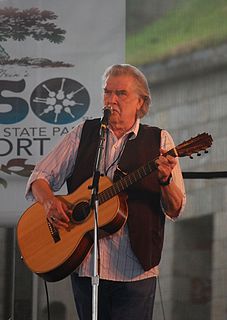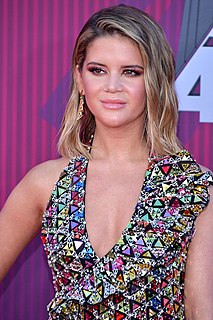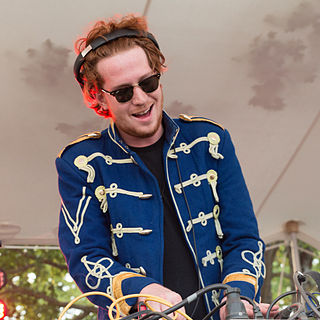A Quote by Kristian Bush
You can find me in the melodies, the chord progressions, the song style and structure. The lyrical places you fine me most are in the lyrics that 'show' more than 'tell.' I like to describe what the listener is seeing and let them make up the middle rather than telling them.
Related Quotes
I think the more the listener can contribute to the song, the better; the more they become part of the song, and they fill in the blanks. Rather than tell them everything, you save your details for things that exist. Like what color the ashtray is. How far away the doorway was. So when you're talking about intangible things like emotions, the listener can fill in the blanks and you just draw the foundation.
Every time I finish a song... most of the time it's in my own head, like this sounds too much like a Townes Van Zandt song, or whoever. I realize there are so many melodies and chord progressions in pop and rock music that are so similar that you can kind of trace it back to other things. Most of the time it's just in your head.
As you can imagine, over the years I have been asked many times to discuss and explain my song "American Pie." I have never discussed the lyrics, but have admitted to the Holly reference in the opening stanzas. You will find many interpretations of my lyrics but none of them by me. You will find many “interpretations” of my lyrics but none of them by me. Isn’t this fun? Sorry to leave you all on your own like this but long ago I realized that songwriters should make their statements and move on, maintaining a dignified silence.
Jim had melodies as well as words. He didn't know how to play a chord on any instrument, but he had melodies in his head. To remember the lyrics he would think of melodies and then they would stay in his head. He had melodies and lyrics in his head, and he would sing them a cappella, and we would eke out the arrangements.
Anything that happens after I write a song...that's fine with me. It's up to the listener to read into it what they need from it. And that's part of the reason I write like I do, so I can leave the holes in the right places so people can say, 'Yeah, that happened to me,' and they're able to have their own little fantasy about it.
